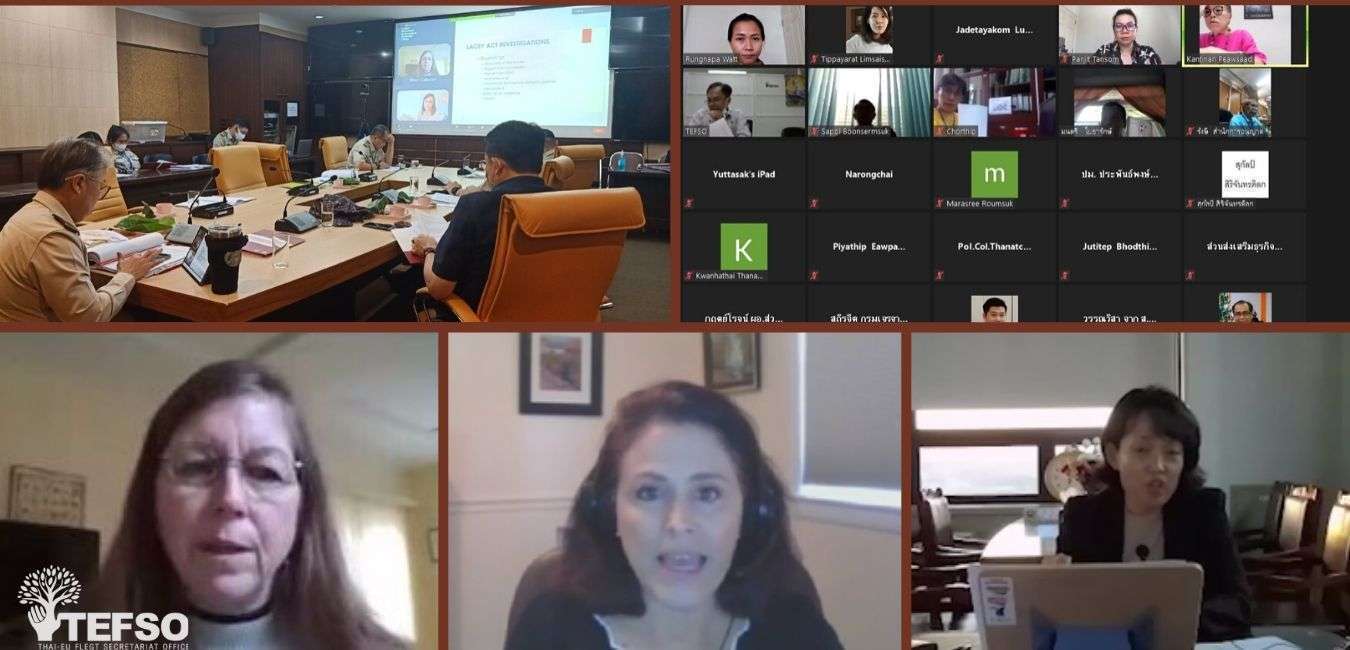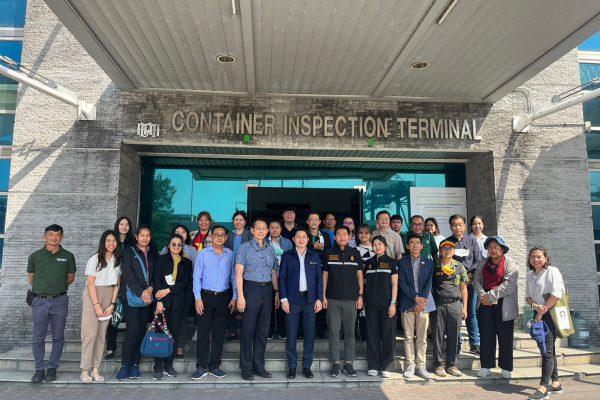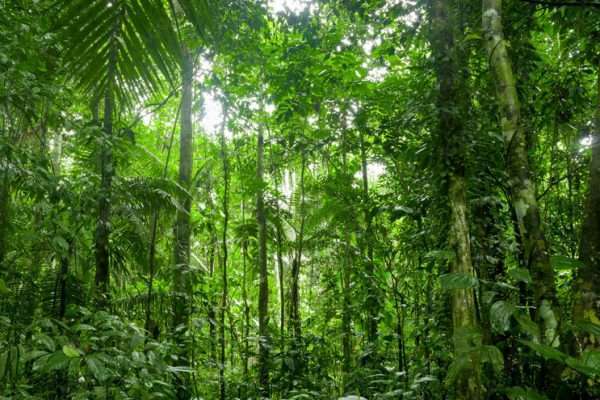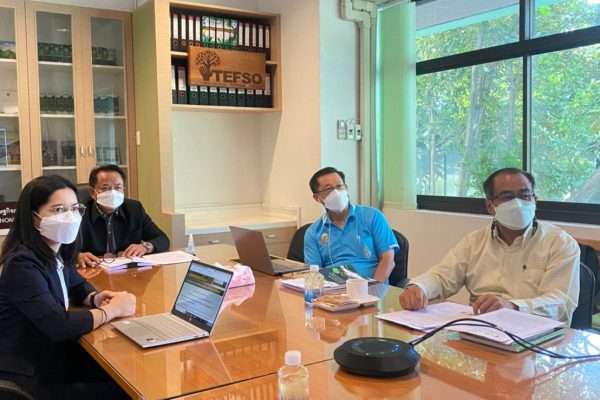The fifth AHWG meeting was held virtually on 20 May and 22 May 2020. The meeting aims to increase the working group’s understanding of timber import control, this time focusing on the Pre-import, an import-type used in the United States and the Republic of Korea. Forty-eight participants from the multi-stakeholder working group and relevant organizations attended the meeting.
The two-day meeting consisted of video presentations from government authorities from the United States and the Republic of Korea, which prepared by the Forest Trends, main coordinator under the Timber Regulation Enforcement Exchange (TREE) project.
The working group learned from the representative of Environmental Crimes Section, U.S. Department of Justice, the Lacey Act’s enforcement agency, about the Lacey Act’s context, investigation and prosecution processes, and case studies. The representative from the United States Department of Agriculture- Animal and Plant Health Inspection Service (APHIS), the Lacey Act’s implementation agency, discussed the U.S. timber declaration procedures and inspection methods employed to detect illegal timber. The representative from the Forest Trade Division, Korea Forest Service, presented the Korean timber declaration procedures and investigation methods.
Additionally, two representatives from Forest Trends updated the working group about the current trends of timber import and export in Thailand. They presented the working group with recommendations on the drafting of the Thai timber import control. Furthermore, a presentation about the effects of the EUTR on the EU illegal timber market and lessons learned from the EU member states was shown for the working group to consider in their drafting of Thailand timber import control.




